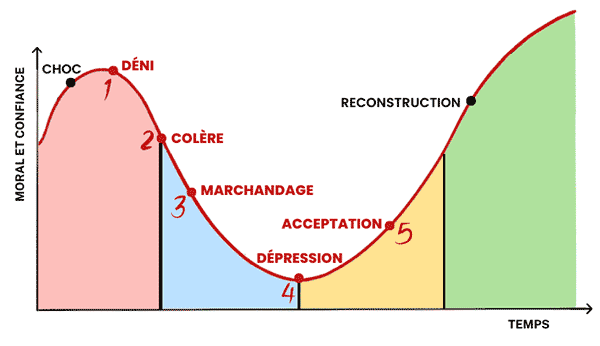
Life on Earth as we know it will inevitably be transformed by climate change by 2050. This is the sad observation made by the draft report written by hundreds of scientists attached to the Intergovernmental Panel on Evolution of the climate (IPCC) of the United Nations (UN).
80 million more people at risk of hunger
According to the latest report from the Intergovernmental Panel on Climate Change, up to 80 million more people will be at risk of hunger by 2050 due to the consequences of climate change. As Maria Neira, Director of the Department of Environment, Climate Change and Health, World Health Organization, said: “ Human health is based on three pillars: food, access to water and shelter. But they are vulnerable and threaten to collapse “.
According to IPCC experts, the lack of water could endanger rice cultivation in 40% of producing regions. While world maize production has already fallen by 4% since 1981, that of millet by 20% and that of sorghum by 15%, specialists are warning about the frequency of bad harvests and their consequences. In fact, the protein intake from rice, wheat, barley or potatoes should drop between 6% and 14%, which will cause deficiencies that will affect 150 million additional people. All these consequences will have the effect of increasing production prices by around 30% by 2050. This will lead to more and more chronic malnutrition and infantile rickets for low-income inhabitants, particularly in Africa and Africa. in Southeast Asia.
Water shortages that will push people into exodus
Regarding water resources, the report indicates that just over half of the world’s population is currently insecure and the situation is not improving. And for good reason, nearly 75% of groundwater supplies (which today constitutes the main source of drinking water for 2.5 billion humans) could be impacted by climate change by 2050. In addition, melting glaciers have already strongly affected the water cycle, which could lead to the exodus of 30 to 140 million people in Africa, Southeast Asia and Latin America.
The spread of diseases around the world
Beyond the disturbances linked to the lack of water and food, climate change will lead to the expansion of areas favorable to disease vectors. This particularly concerns diseases transmitted by mosquitoes such as dengue fever, yellow fever, malaria or viruses such as Zika. In addition, half of the planet’s inhabitants could be exposed to these diseases within 30 years. The IPCC report also reports that diseases relating to air quality and pollution will also “ substantially increase “.
These are all elements that have prompted the IPCC experts to also anticipate the pressures on health systems, such as those that appeared during the Covid-19 pandemic. For Stephanie Tye, researcher at the NGO World Resources Institute, “ The Covid has highlighted the fault lines in our health systems […] The effects of climate change will strain health systems even more, for even longer periods of time and in ways we do not yet fully understand “.













